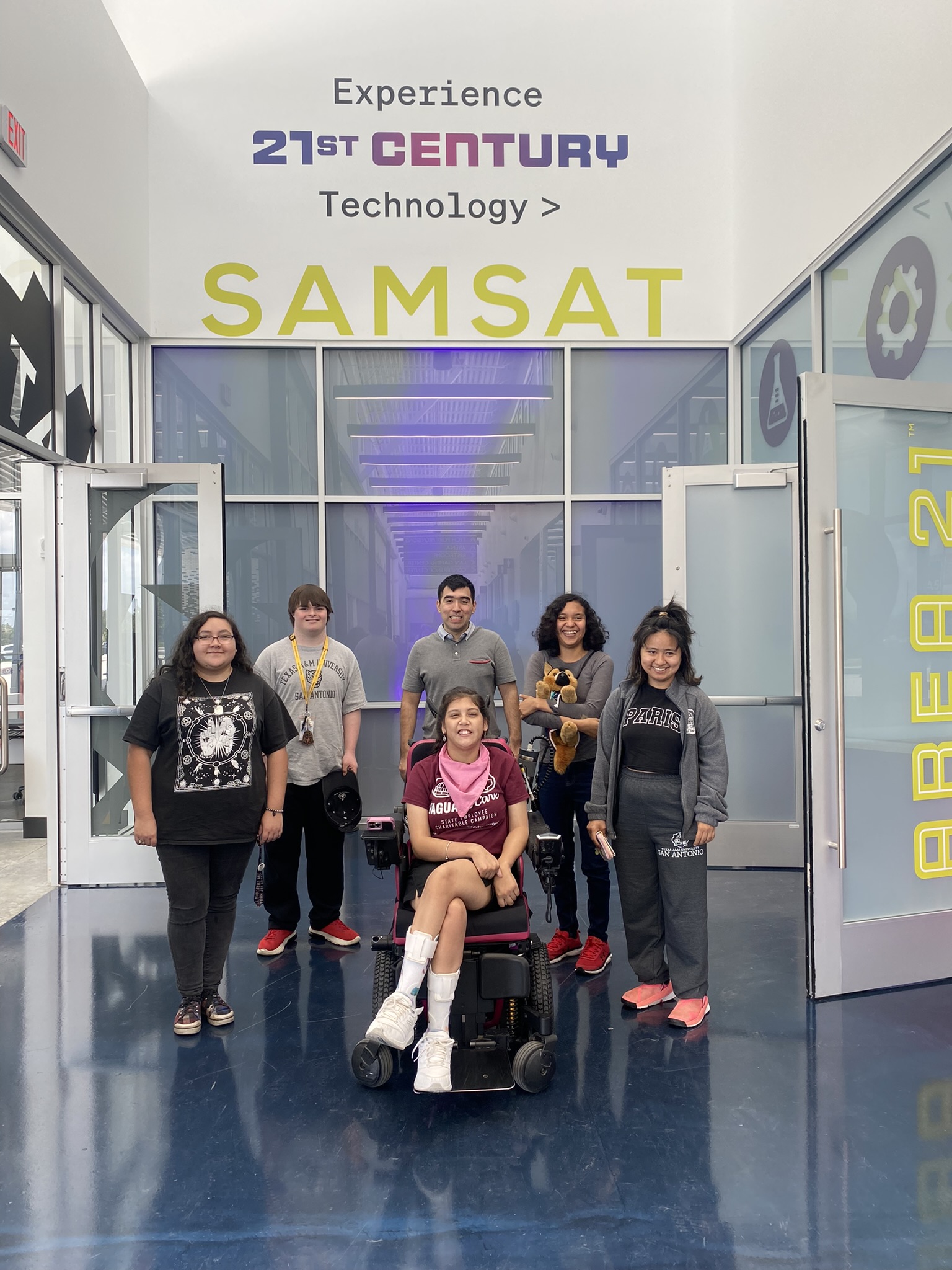Eligibility Criteria
 A documented intellectual disability is required. Intellectual disability is defined by AAIDD as significant limitations in both intellectual functioning and adaptive behavior. The diagnosis should be identified by one or more of the following documents:
A documented intellectual disability is required. Intellectual disability is defined by AAIDD as significant limitations in both intellectual functioning and adaptive behavior. The diagnosis should be identified by one or more of the following documents:
- IEP
- Cumulative File
- Physician's Documentation
- Social Security Administration Files
- Psychological or Neuropsychological Exam within past 3 years
- Comprehensive Evaluation within past 3 years
- Vocational Rehabilitation Documentation
- Age 18-26
- Completed high school and no longer receiving support from the school – high school transcript required.
- Serve as their own full legal guardian
Defining and Documenting Intellectual Disability Document
- Evidence of level of unsupervised independence (2-4 hours) using appropriate supports with potential to increase independence over time.
- Evidence required: 3 or more letters of support from individuals working with the individual on a weekly/daily basis (e.g., school or work settings). Sources may include case managers, lead teachers/instructors, and/or supervisors.
- These letters should describe the level of independence and/or assistance the applicant requires, on a weekly/daily basis, to complete school, work, social, and/or mobility tasks.
- Demonstrate ability to communicate (not limited to verbal speech) reliably with staff, faculty, and mentors.
- Demonstrate ability to live independently and take care of daily functioning and basic support needs (e.g., toileting, hygiene, feeding, etc.)
- Demonstrate at least 5th grade reading level in comprehension and fluency.
- Demonstrate ability to function independently for a sustained period of time (e.g., able to sit through 90-minute courses and function independently for 1-hour blocks of time, including navigating campus independently)
- Demonstrate basic mathematics understanding and ability to use a calculator.
- Express desire and motivation to complete a postsecondary education program.
- Express desire to attain a job in an inclusive employment setting upon completing the program.
- Demonstrate active participation throughout the application and interview process.
- Demonstrate sufficient emotional and independent stability to participate in all aspects of the TU CASA coursework and campus environment.
- Be able to handle and adapt to change; not overly stressed when schedules or people change.
- Have proof of health insurance (Medicaid, Medicare, private).
- Must be able to independently self-administer and manage medication and specialized dietary needs.
- Demonstrate the ability to navigate campus safely (e.g., crossing streets and parking lots independently).
- Skills in navigating community and school environments with a willingness to learn new modes of transportation
- Desire integrated, paid employment upon completion of the TU CASA program.
- Has previous experience with work-based learning (e.g., in-school, volunteering, and/or paid employment).
